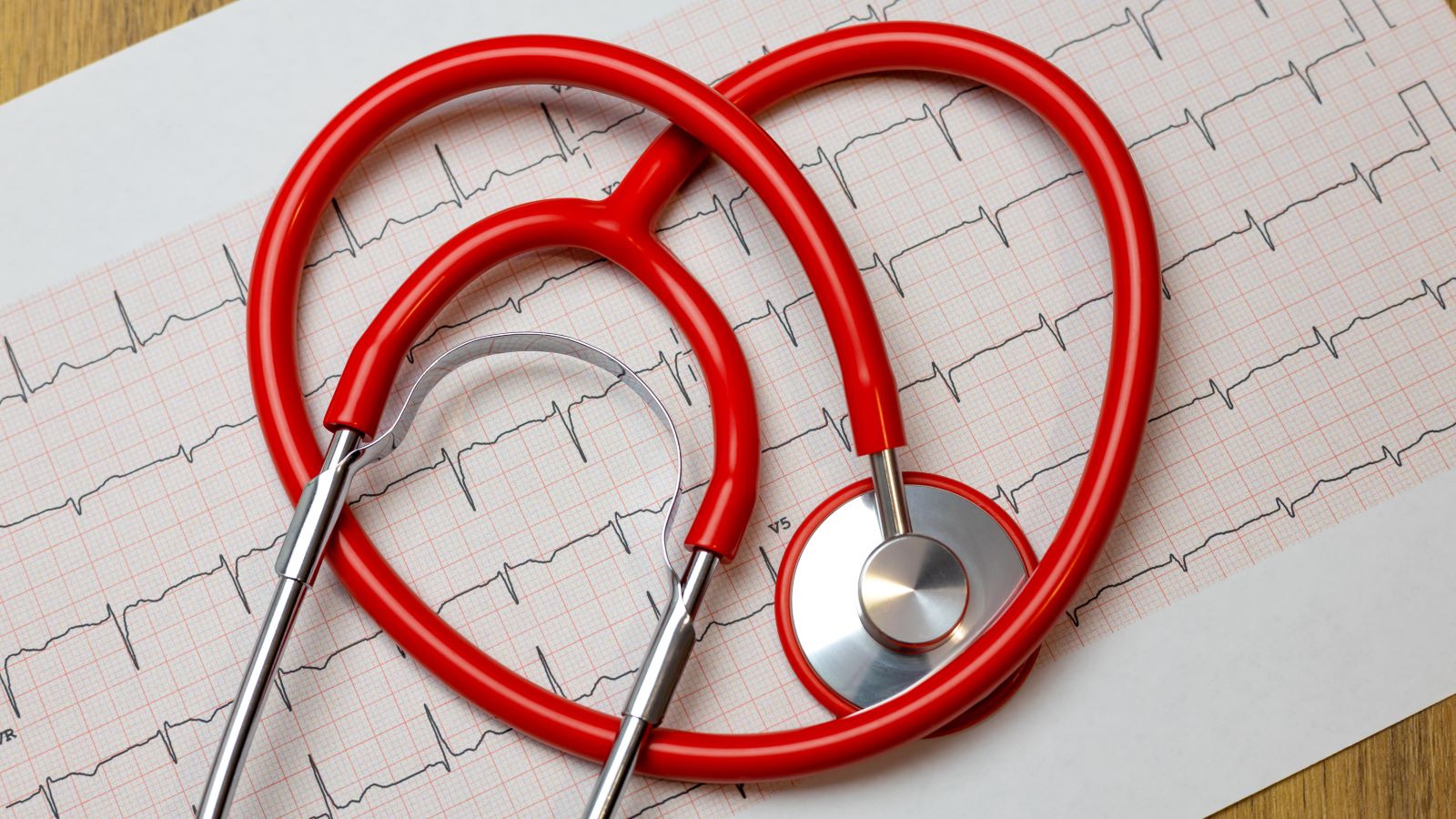<< Back
5 Signs You Might Need a Cardiologist

February 27, 2024
Is it time for a heart-to-heart with a heart doctor? We tend to think of heart issues as obvious and insistent, like chest pain.
But by knowing the more subtle signs that you need a cardiologist, you can get life-saving care sooner rather than later.
Here are five key questions.
1. Do you have any of these physical symptoms?
“Of course, chest pain and trouble breathing are common signs of heart disease. However, other symptoms can suggest you may have a cardiac problem too,” Heather Swales, MD, cardiologist with the Heart & Vascular Institute at The Hospital of Central Connecticut.
Look for:
- Irregular or racing heartbeats
- Persistent swelling in both legs
- Dizzy spells or passing out
- Unexplained fatigue
> Related: What You Need to Know About HDL and LDL Cholesterol Levels
2. Did your parent or sibling have heart disease by their 50s or 60s?
Your great aunt with heart issues in her 80s isn’t necessarily a reason to call a cardiologist. But if a parent, sibling or child — known as your “first-degree relatives” — experienced heart disease younger in life, it’s a different story.
Here are the ages to watch for:
- Men: Before age 55
- Women: Before age 65
“Even if you aren’t having symptoms, but you have a first-degree relative who has or had heart disease in this age range, you may want to see a cardiologist,” says Dr. Swales.
3. Do you snore?
In some cases, it’s a sign of sleep apnea — a condition that can strain your heart.
“Sleep apnea, particularly if untreated, increases your risk of developing cardiovascular disease and can lead to worse outcomes if you have cardiovascular disease,” says Dr. Swales. It’s linked to high blood pressure, dangerous abnormal heart rhythms, stroke, coronary artery disease and even heart failure.
Start with a sleep study to find out if your snoring is indeed due to sleep apnea. If yes, it’s a sign to see a cardiologist.
4. If you’re a woman, do you have a complicated obstetric history?
This one often comes as a surprise. “Many women are unaware that their obstetric history may affect their cardiovascular risk later in life,” says Dr. Swales.
That includes complications with prior pregnancies like pre-eclampsia, high blood pressure of pregnancy, diabetes of pregnancy, or late trimester miscarriages. Women who’ve experienced trouble with infertility are also at increased risk for heart disease.
5. Do you have any of these other risk factors?
The more items you check off, the more you need a heart expert in your corner.
- Tobacco use
- Sedentary lifestyle
- Diabetes
- High cholesterol
- High blood pressure
Did you say “yes” to one or more signs to see a cardiologist?
It can be scary learning you should see a specialist for something — say, snoring or fatigue — that you thought was no big deal. The tradeoff is better health, along with peace of mind.
“Getting checked out by a cardiologist can help you understand ways to reduce your risk for developing heart disease and determine what, if any, tests may be helpful to screen you for cardiovascular conditions,” says Dr. Swales.
That’s the thing about heart-to-hearts. You almost always feel better after.